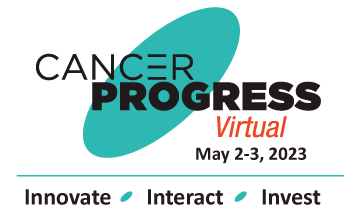Rapid and dramatic advances in biology are accelerating pressure on the tired old model of cancer drug pricing, which claims every new approved oncology drug as a breakthrough qualifying for six figure pricing, at least in the US. The debate over whether this business model is an appropriate reward for the risks of innovation carries on (with little apparent progress given the brutal impact on public and private payers as well as cancer patients and their families). But simultaneously an array of novel approaches to treating cancer have advanced from clinical de-risking to full approval. Among these are a wide array of adoptive cellular therapies, both autologous and “off the shelf,” T-cell engagers, gene therapies and gene editing approaches, and personalized or fully individualized vaccines. Although these approaches differ in many ways, they are typically heavily engineered and, thus, come with a cost of goods problem for which prior conventional small molecule and monoclonal antibody drug platforms have been largely spared. Because many of these therapies carry the promise of durable remission or even cure, their costs and complexities will push the debate well beyond the old discussion of high-priced conventional drugs with very limited impact on survival. As these novel approaches continue to de-risk clinically there is an urgent need for commercial innovation, (spanning a diversity of disciplines including manufacturing, distribution, real world evidence and pricing and care delivery models) to keep pace if the benefits of these advanced therapeutics are to reach patients in need.
Moderator:
- Ed Saltzman, Head, Biotech Strategy, Lumanity
Panelists:
- Llew Keltner, MD, PhD, CEO, Epistat
- Dawn Lee, CSO, HEOR, Lumanity
- Roger Longman, Founder & Chairman, Real Endpoints
- Derrell Porter, MD, CEO and Founder, Cellevolve
